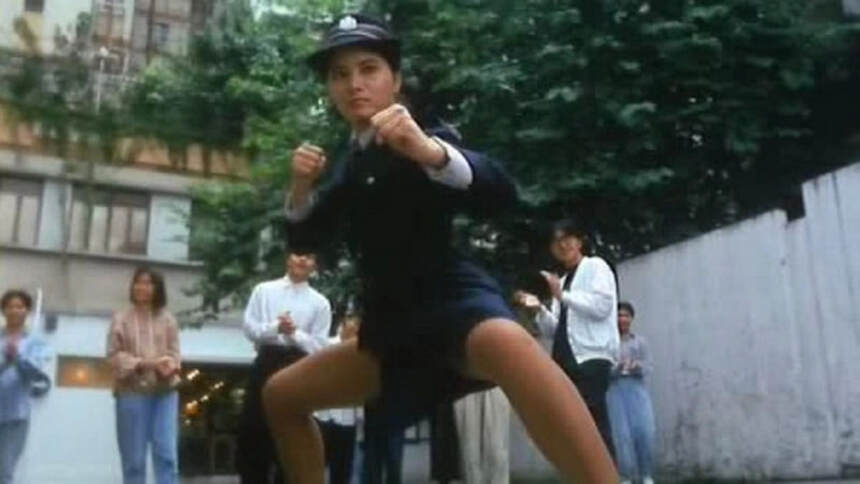|
Sailor Suit and Machine Gun is perhaps best characterized as coming-of-age constructed around a yakuza archetypical story. Those expecting a Yakuza film with action and bloodshed are going to be disappointed, as this film at its core is an understated story of self-discovery and agency, one in which the notion of family is recontextualized and grafted onto a crime syndicate's notion of family. Wielding this particularly subversive story, Sailor Suit and Machine Gun's gender politics are perhaps a cause for concern to some, but I personally don't see much merit to such assertions, as what Sailor Suit is really doing is excavating the core tenet of love (empathy), in which a young girl's experience - her innocence and youthful naivety - haven't been corrupted by the harsh realities of living. She isn't the only malleable entity here, and how she engages with these yakuza men becomes poignant in some respects. At its core, what I think stands out about Sailor Suit and Machine Girl is how it embraces that "coming of age" is not linear nor quantifiable due to the singular nature of experience and perception. In its denouement, Sailor Suit and Machine Gun acknowledges the pervasive effects this hyper-masculine violent lifestyle will have on this young woman while simultaneously not devaluing the underlying affection it manages to capture. The amorphous tone never feels like a burden to the film's effectiveness but an opportunity. Sailor Suit and Machine Gun is just another salient example of how strong Sômai is as a stylist. His visual tableau is continuously entrancing, particularly his use of composition. I often find myself so immersed into the mise-en-scene and general aesthetic that rapturously enlivens this film which frankly will feel slower paced to some. Likely the worst film of Shinji Sômai's oeuvre I've seen to-date but one of his films has to be!
0 Comments
I can't help but appreciate a film like this that just goes for it. A satirical takedown of the patriarchy/male gaze told through such a vibrant, hyper-kinetic aesthetic. Doesn't always work but it's just so infectiously brazen formally/aesthetically and under the thick stylistic veneer that arguably does, at times, strip it of its emotional resolve, Babysitter manages to have some incisive commentary on female agency in a world dominated by the male ego. The acknowledgment of the paternalistic impulse of masculinity, and how through its allotted power granted by a patriarchal society it manages to circumvent true female empowerment is beautifully rendered. Babysitter isn't interested in victimhood or puritanical notions of femininity but simply agency, and I think it largely achieves this through its brazen go-for-broke formal style.
|
AuthorLove of all things cinema brought me here. Archives
June 2023
|


 RSS Feed
RSS Feed
